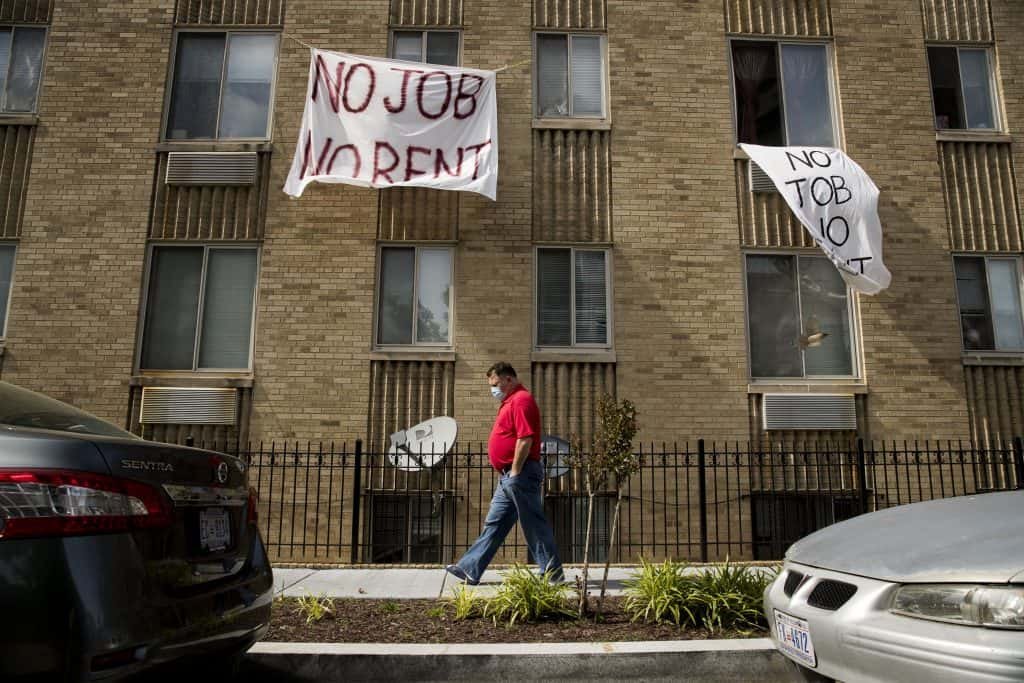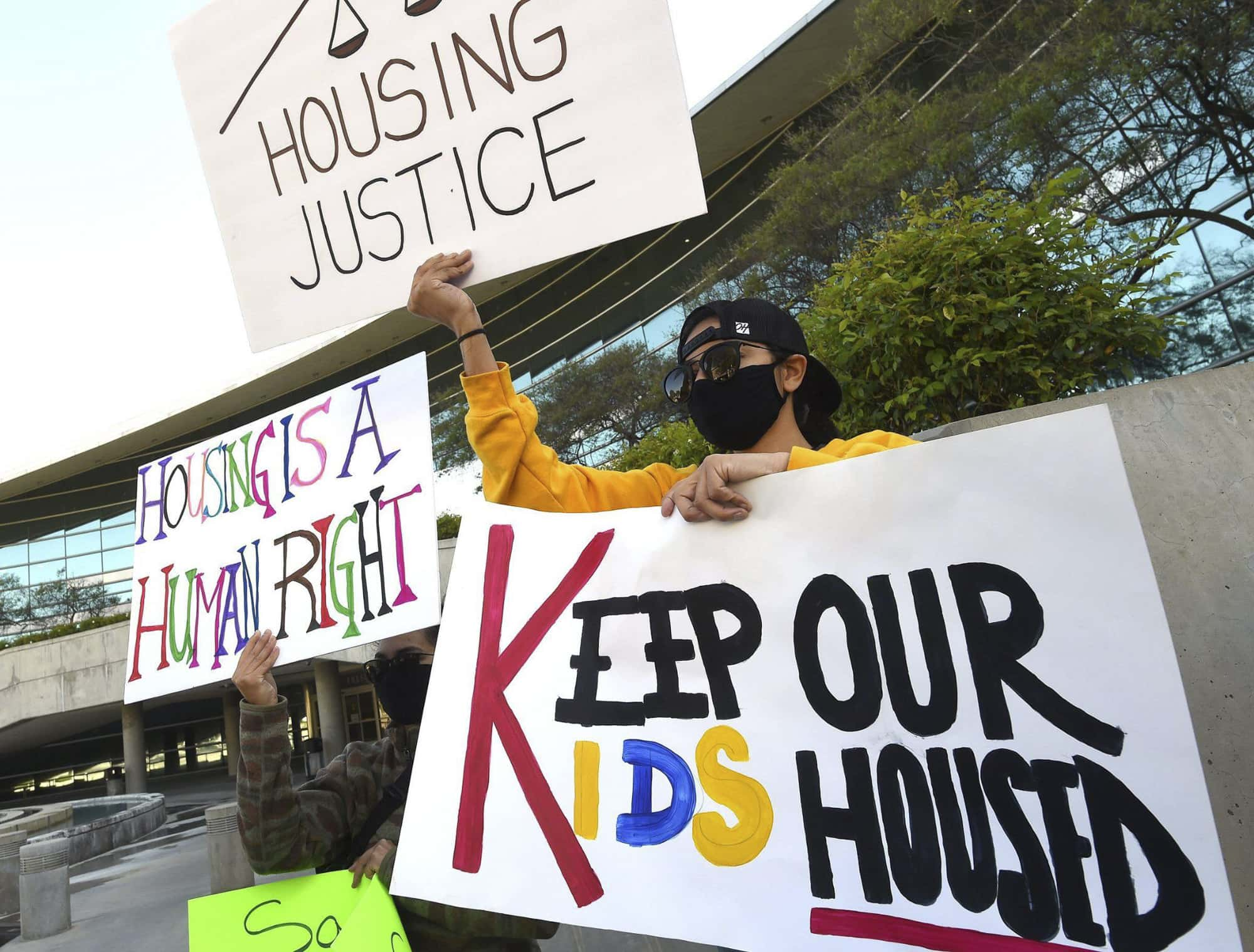The increasing evictions affected vulnerable groups after the temporary pandemic measures for low-income renters expired.

Increasing Cases of Evictions Nationwide Continuously Affect Low-Income Renters After Temporary Measures Ended with the Pandemic
The increasing cases of evictions nationwide continuously affected several low-income renters, including vulnerable populations, after the temporary measures and rental assistance that aimed to give them relief ended together with the pandemic.
According to reports from Mother Jones, evictions have risen higher than those reported before the pandemic, affecting low-income renters more due to financial struggles and difficulties in meeting their basic needs.
With the increasing evictions due to high rents and house prices, the number of low-income families who need rental assistance also increased, making them struggle with living their lives even more.
READ ALSO: Renters Receive Termination Notices Despite Eviction Ban In Ireland
Vulnerable Populations Struggle with the Increasing Evictions Reaching Over Half in Eviction Rates Before Pandemic
Following the increasing number of evictions in various states, several members of vulnerable populations also faced struggles in keeping up with the raising rent and house prices, forcing them to move out and be homeless despite the negative impacts it will have on their families, including their children.
Despite the increasing evictions, several housing advocates and officials are not exerting any effort to provide relief and make housing more affordable to affected renters, receiving negative reactions from the public.
READ ALSO: Baltimore Residents To Receive Rental Assistance Under $3 Million Emergency Funding




